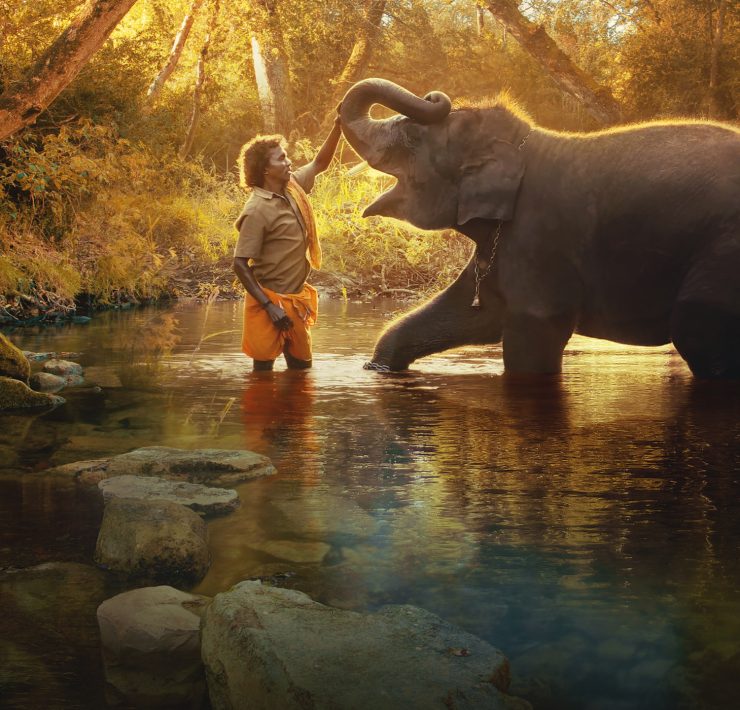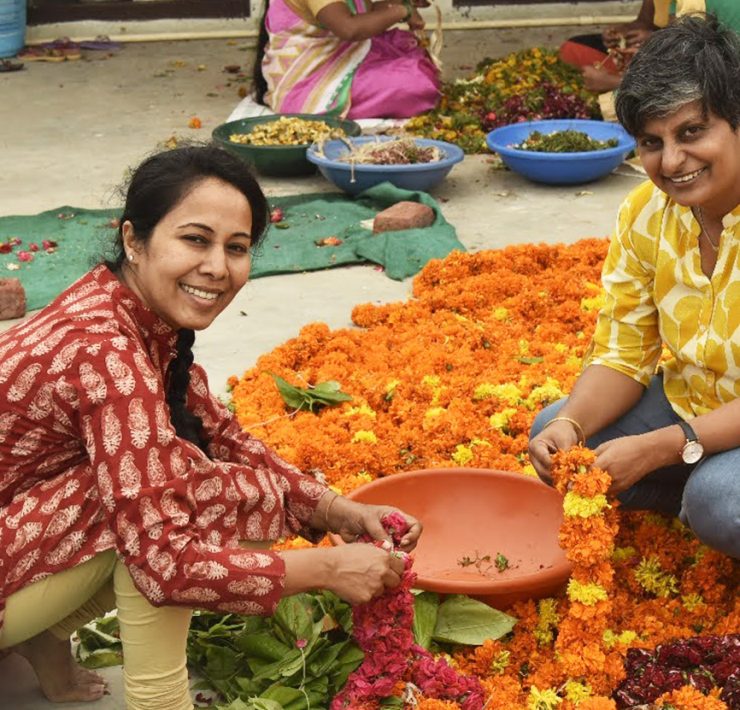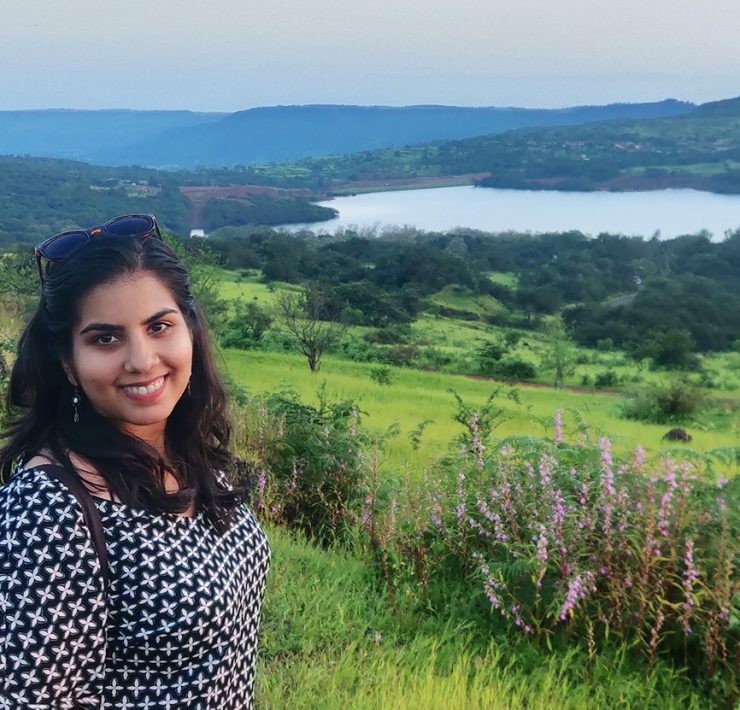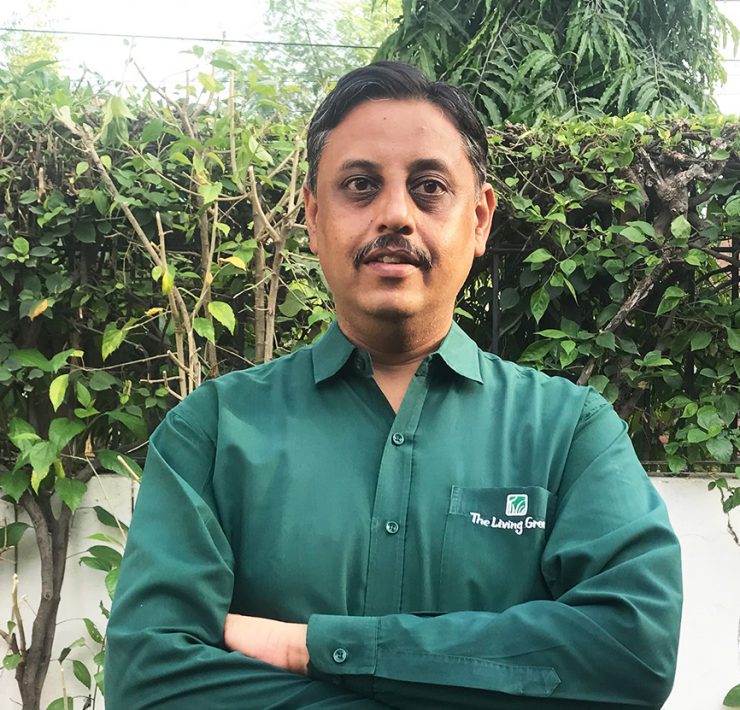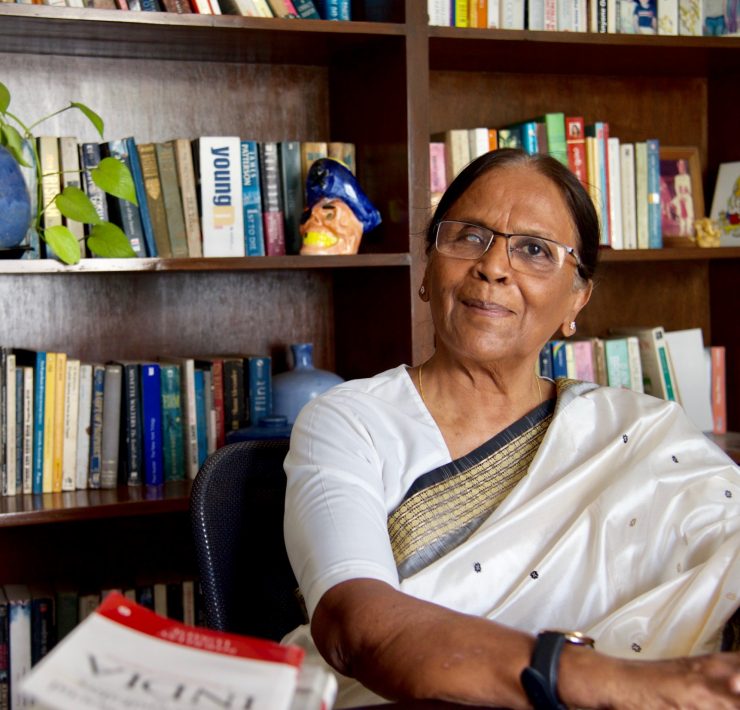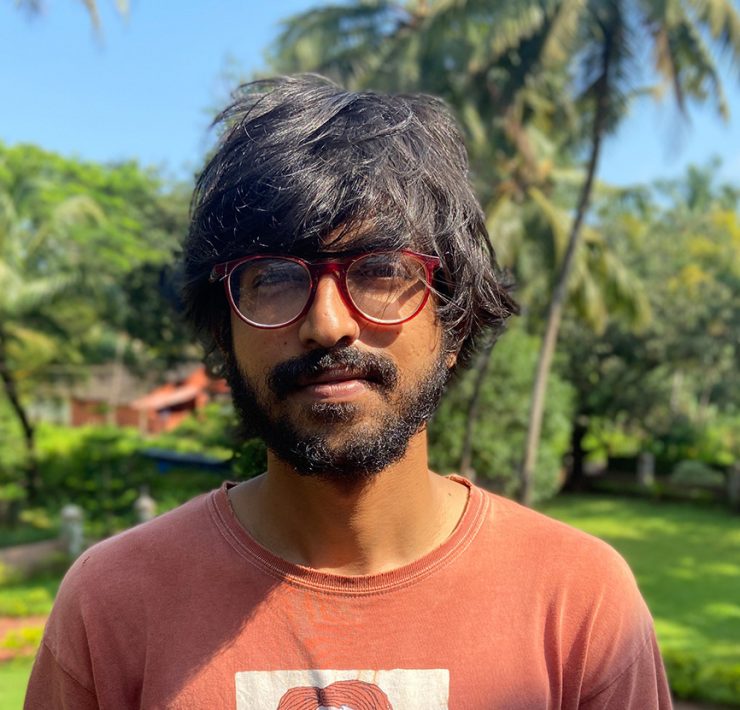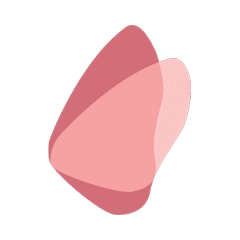Finance to farming – why I moved off the grid
- From braving flooded tents to feeling the love of your first homegrown harvest, the pursuit of farm life is as rewarding as the dream, Harsh Valechha tells Ethico.
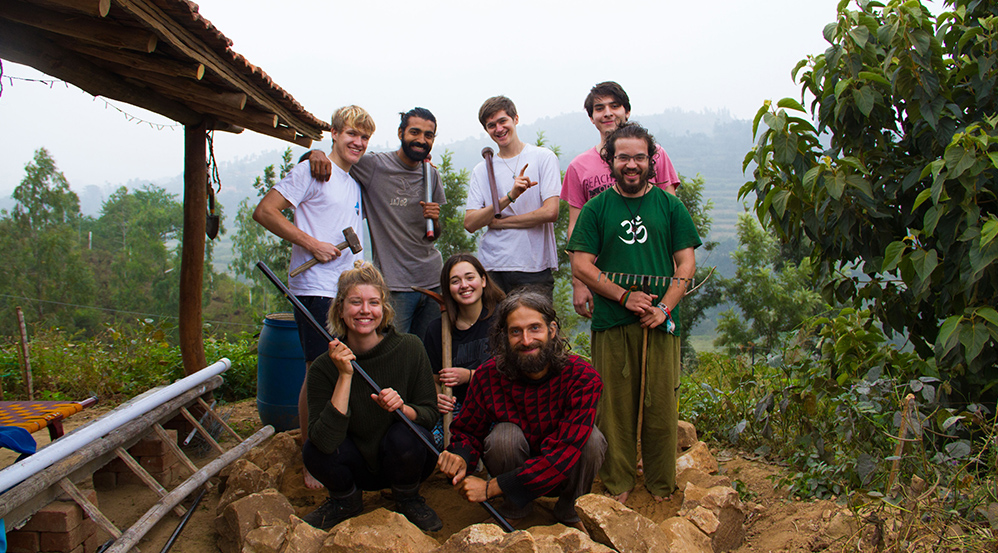
Sushmita Murthy is a features writer with a penchant for…
As a Kolkata boy who played club cricket and went on to work as a financial consultant in the US while moonlighting as a DJ in the local clubs, the idea of pursuing a farm life seemed laughable to Harsh Valechha. In fact, he did (laugh it off, that is) when a certain astrologer suggested years ago that he was more suited for a life in the meadows than in an urban jungle. Of course it isn’t as silly a thought now that he runs his own farm in Kerala, which he hopes to develop as a model for sustainable living.
After serving in the finance sector for a few years, Harsh moved to Auroville where he worked at a reforestation effort for two years before helping to set up a centre in Haiti. The experience, among other things, sowed the seeds for Gaia Grid. Gaia is the Greek goddess of nature. “It is also the name of a hypothesis by James Lovelock that explores the harmony between organic and inorganic creations. Nothing lives in isolation, everything is connected. You can try to go off the grid, but you can never escape Gaia’s Grid,” says Harsh who started the farm on a barren piece of hilltop land with ₹28, a fundraiser page and a whole lot of faith in the goodness of strangers.
Harsh started the farm on a barren piece of hilltop land with ₹28, a fundraiser page and a whole lot of faith in the goodness of strangers.
The experience of working on the farm for three years coupled with coupious amounts of reading on the subject equipped Harsh to take on his pet project, but nothing could’ve prepared him for the hustle that lay ahead. “Funds were a challenge initially because I was completely dependent on the fundraiser, having made a conscious choice not to do business on the land. I didn’t speak the local language. I had little knowledge of the local flora. The land had heavily degraded soil (I’d rather have degraded land that needed work than start on land with great soil) and no water. Also, the Kerala monsoon. I had no frame of reference of how bad it could get but got a taste of it when for two months, my tent got severely battered by winds and rain. I woke up to a flooded tent every night, says the 32-year-old who is trying to learn Tamil, Malayalam and Irula.
‘I had no frame of reference of how bad it could get but got a taste of it when for two months, my tent got severely battered by winds and rain.’

Image Source: Gaia Grid
A typical day at Gaia Grid begins at 6am. By 6:30am the volunteers are in the field planting, harvesting, digging etc. At 9am a vegan breakfast is served after which the volunteers have free time to read, dance, chat, swim in the river, meditate etc. It is followed up by lunch at around 1pm. Work resumes at 4:30pm and goes on until 6:30pm after which dinner is served.

Image Source: Gaia Grid
Having adapted to the place and learnt with each passing day, Harsh believes that the rewards far outweigh the challenges of his way of life. “From getting our hands dirty, seeing the landscape transform, hosting volunteers, growing our food, completing our dorm, receiving prestigious grants, making friends and having a supply of water, shelter and electricity – everything has been immensely rewarding.”
‘Once degraded land, the farm currently grows organic tomatoes, potatoes, papaya, passion fruit, okhra, eggplant, watermelon, muskmelon, moringa, pegion peas etc. and is gearing up for wild rice and ragi cultivation soon.’
It was a conscious awakening of sorts a few years ago that led Harsh to explore the off beaten path. Like most twenty-somethings, Harsh and his friends often discussed the economic, moral fate of the country and how ‘India ka kuch nahi hone wala’. A friend urged him to take a closer look at his own consumption before pointing fingers. “He pointed at all the imported items I had and said, if you really care, start by voting for the right things. That stuck with me. I realised that my whole life was centred around consumption of things I knew nothing about; where was it made, who grew it, who processed it? So I started reading up. About farming, self sustainability, permaculture, off grid living, natural construction, giftism, anything that would tell me about being self-reliant.”
‘I realised that my whole life was centred around consumption of things I knew nothing about; where it was made, who grew it, who processed it?’

Image Source: Gaia Grid
Harsh’s initial vision for Gaia was to make a model farm. Now, it’s time to set new goals. “There’s no limit to how big one can dream. I’m looking to start more Gaia Grid locations and opening up to consultations for people who would like to create their own permaculture farm. Starting to do more consultation work with conservation enthusiasts to convert their empty lands into food forest spaces. Also starting to host workshops and classes at our new community space to enable a mix of ideas and inspirations and continuing to speak at events and universities to help tickle the nature conservation gene in the minds of young Indians.”
Looking to start a farm? Ask yourself these questions:
- What’s your budget?
- What’s the purpose of buying this land?
- Do you have enough funds/resources to build on it?
- Does the land have decent soil/water access?
- Does it face the north or south? Directions help you determine the amount of wind, rain and sunlight that your land will get.
- Are local land laws favourable to your plans?
- How easy is the registration policy? Is the local government known for easing your life when it comes to buying land?
- Who are your neighbours? What’s the history of the place at which you’re hoping to acquire the land?
- If you’re setting up a project, will it be socially relevant?
- Does it feel right?
Follow here:
www.thegaiagrid.org
Facebook: The Gaia Grid/
Instagram: Gaia Grid
Ethico India podcast link: https://open.spotify.com/show/0Vb9kpUhYRil8f3F7lhRhh
Sushmita Murthy is a features writer with a penchant for exploring topics related to sustainability and a seasoned procrastinator who ironically makes a living by chasing deadlines.

